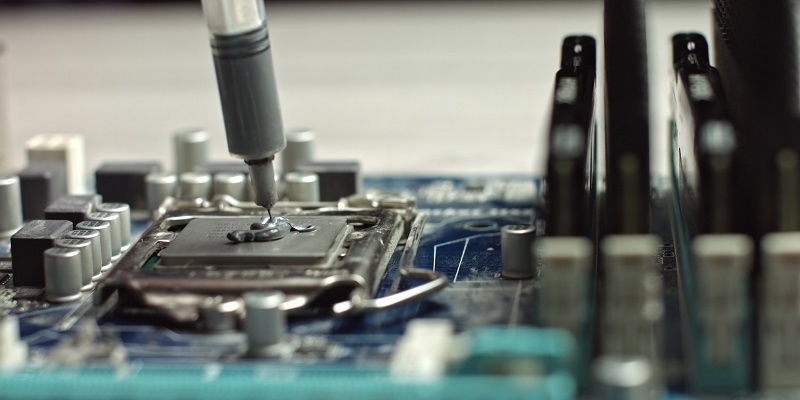Intel’s upcoming 2nd Gen Core Ultra family, codenamed Arrow Lake, is set to bring significant advancements to the realm of computational performance. Alongside the impressive architectural upgrades, Arrow Lake CPUs will feature Neural Processing Unit (NPU) support, providing broader accessibility to advanced AI technologies. In a noteworthy development, initial NPU support has already been added to Linux, signifying Intel’s commitment to enabling seamless integration in the open-source ecosystem.
Phoronix, a leading technology news portal, recently revealed that Intel has released the necessary PCI IDs for its IPVU driver in Linux to facilitate NPU support for Arrow Lake CPUs. Notably, the driver code path for both Arrow Lake and the previously released Meteor Lake lineups shares similarities, making the integration of NPU support in Linux a relatively straightforward process.
Intel’s NPU/VPU Technology
The inclusion of the NPU, or Vision Processing Unit (VPU), in Intel’s Arrow Lake family marks a significant milestone in the company’s pursuit of advanced computational capabilities. With the NPU, Intel aims to bridge the gap between cutting-edge artificial intelligence technologies and the average consumer, eliminating the need for additional equipment or external processing units. This move democratizes AI and empowers users with enhanced computational performance for a range of applications.
AMD’s AI Platform
Competitor AMD has also been actively engaged in developing a dedicated AI platform known as ‘AMD XDNA’ as part of its Ryzen AI line of products. This indicates the growing importance of AI technology in the industry and sets the stage for robust competition and innovation in the AI space.
Intel Arrow Lake Release
Anticipation is building as Intel plans to launch the highly anticipated Arrow Lake CPUs in the second half of 2024. Promising a brand-new core architecture, Arrow Lake CPUs are poised to deliver unprecedented levels of performance and efficiency. Notably, several transformative changes over the 1st Gen Core Ultra family (Meteor Lake) are expected, further elevating Intel’s CPU lineup.
Availability and Process Node
Intel’s Alder Lake CPUs will cater to both desktop and mobile platforms, ensuring a versatile computing experience for users across various devices. Leveraging the next-generation 20A process node, these CPUs will offer advanced fabrication capabilities, enhancing power efficiency and performance.
NPU Integration Trend
Intel’s decision to integrate the NPU into its CPUs reflects the rising significance of AI technologies across industries. As AI continues to shape the future of computing, Intel’s commitment to supporting AI workflows and accelerating machine learning tasks is pivotal. The NPU integration in Arrow Lake CPUs serves as a testament to Intel’s dedication to meeting the evolving demands of the AI industry.
Supporting AI Adoption
The inclusion of NPU support in Linux for Intel’s Alder Lake CPUs represents a significant step towards facilitating AI adoption in various domains. By collaborating with the open-source community and providing the necessary tools and drivers for seamless integration, Intel is fostering an environment where developers can leverage AI technologies to drive innovation and transform industries.
With the upcoming release of the Arrow Lake CPUs, Intel is poised to advance the boundaries of computational performance. The inclusion of NPU support in Linux showcases Intel’s commitment to accessibility, enabling average consumers to leverage AI capabilities without additional equipment or complex setups. As AI continues to reshape industries, Intel’s forward-thinking approach and collaboration with the open-source community are critical for realizing the full potential of AI technologies. The NPU support in Linux for Arrow Lake CPUs sets the stage for expanded AI adoption, propelling the industry towards a future driven by intelligent computing.

